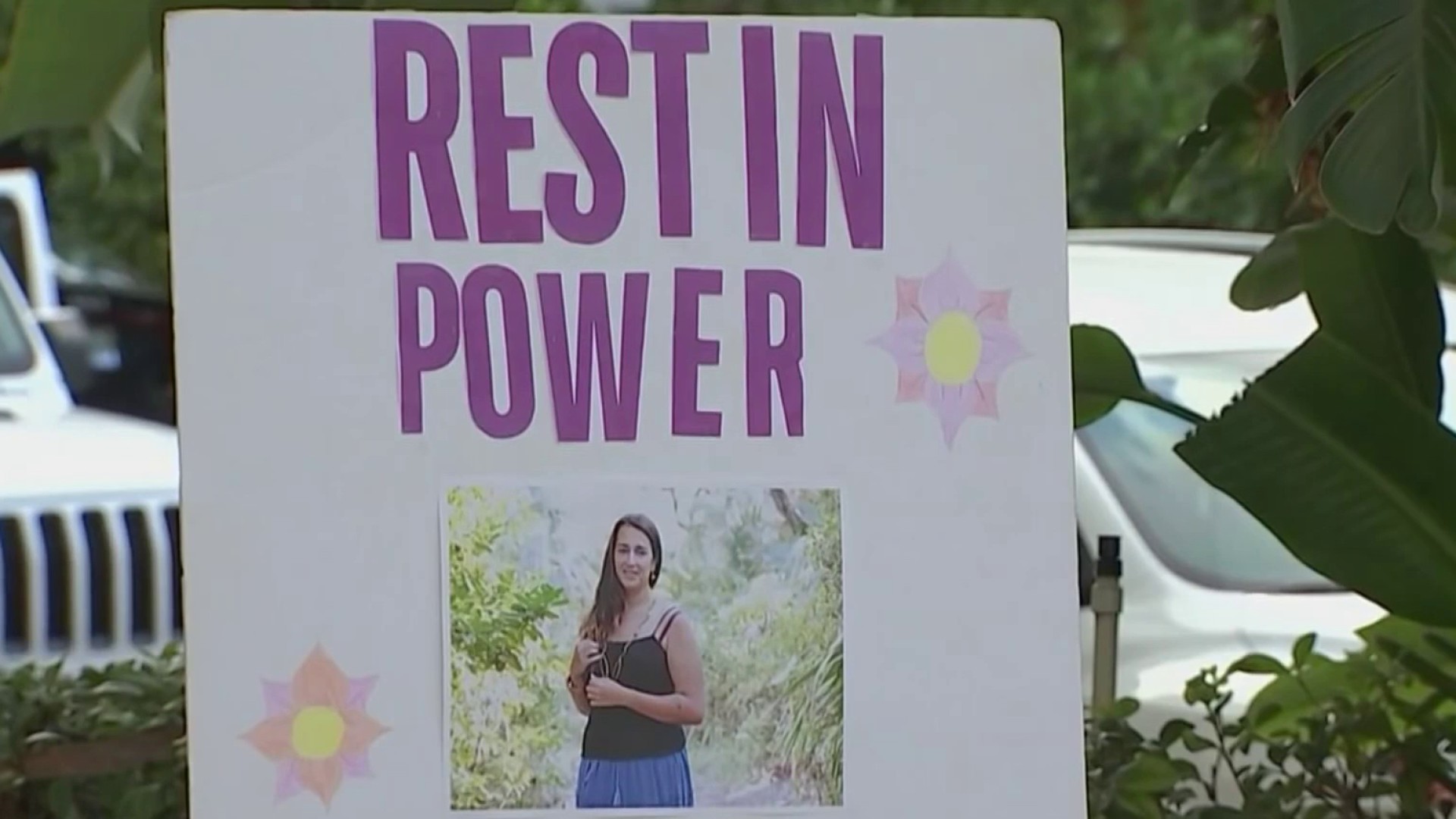What to Know
- The death of a student in November led to the suspension of Greek life.
- Nine Florida State University fraternity members were charged with hazing over Andrew Coffey's death.
- New reforms include oversight restrictions and community service requirements.
Florida State University has partly removed a suspension on Greek life – though an alcohol ban remains – as it announced reforms for fraternities and sororities.
FSU President John Thrasher and Vice President for Student Affairs Amy Hecht made the announcement during an event on Monday.
“I’ve said all along that in order for there to be real change on campus, students must be part of the solution. Our students are now beginning to fully understand the serious obligation they have to behave responsibly,” Thrasher said. “They have demonstrated this during the past three months and have pledged to continue to do so.”
FSU suspended Greek life following the death of Andrew Coffey, who was a junior from Pompano Beach and a pledge at Pi Kappa Phi. He was found dead from alcohol poisoning on Nov. 3 after previously being found unresponsive following a party.
The changes come after university officials met with fraternity and sorority leaders and representatives. The new reforms dictate each chapter must maintain a communal grade-point average of 2.5 and each chapter member must perform at least 10 documented community service hours.
FSU's announcement will allow for philanthropy and recruitment by Greek organizations. The ban on alcohol and social events on Greek life and another 700 student groups will be lifted if students can successfully implement the new reform by the end of the semester.
Local
The university also announced several oversight requirements and restrictions related to alcohol – one being that events with alcohol at houses are only allowed if the chapter uses third-party vendors, provides food and has FSU-approved police or security officers present during the event.
“We are going to monitor this closely,” Hecht said. “If we see that something isn’t working the way it should, we will consider changing it. This is a process, and we will be vigilant in making sure new guidelines and policies continue to protect the health and well-being of our students.”



